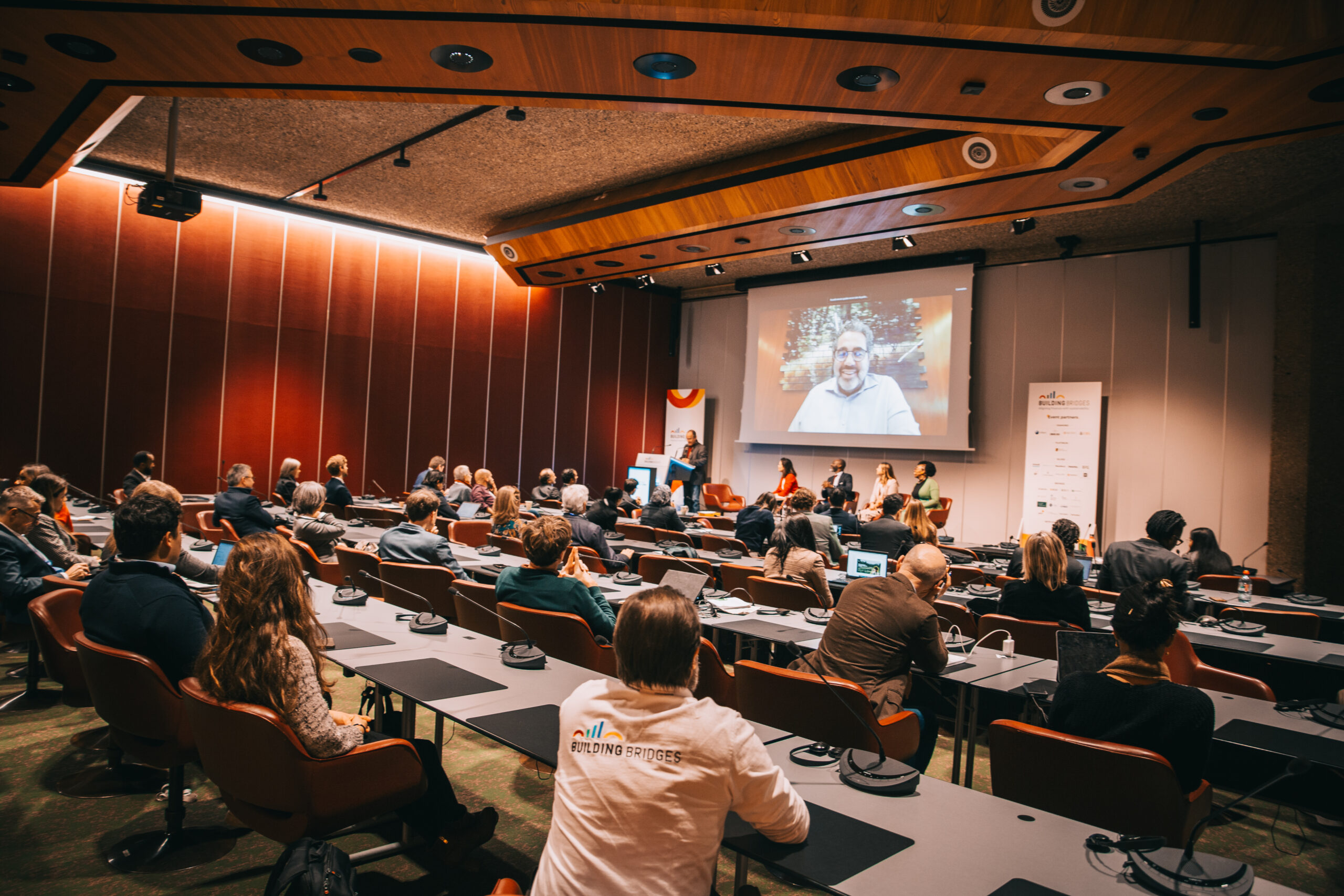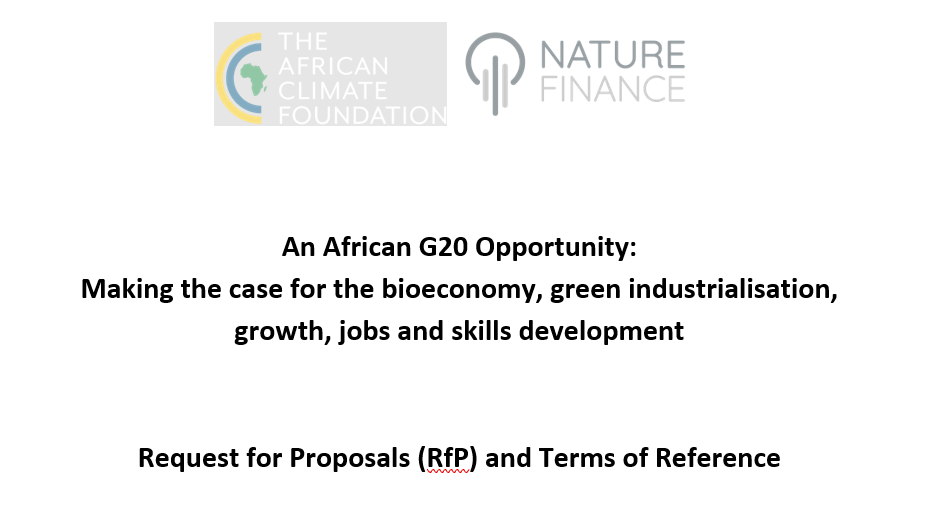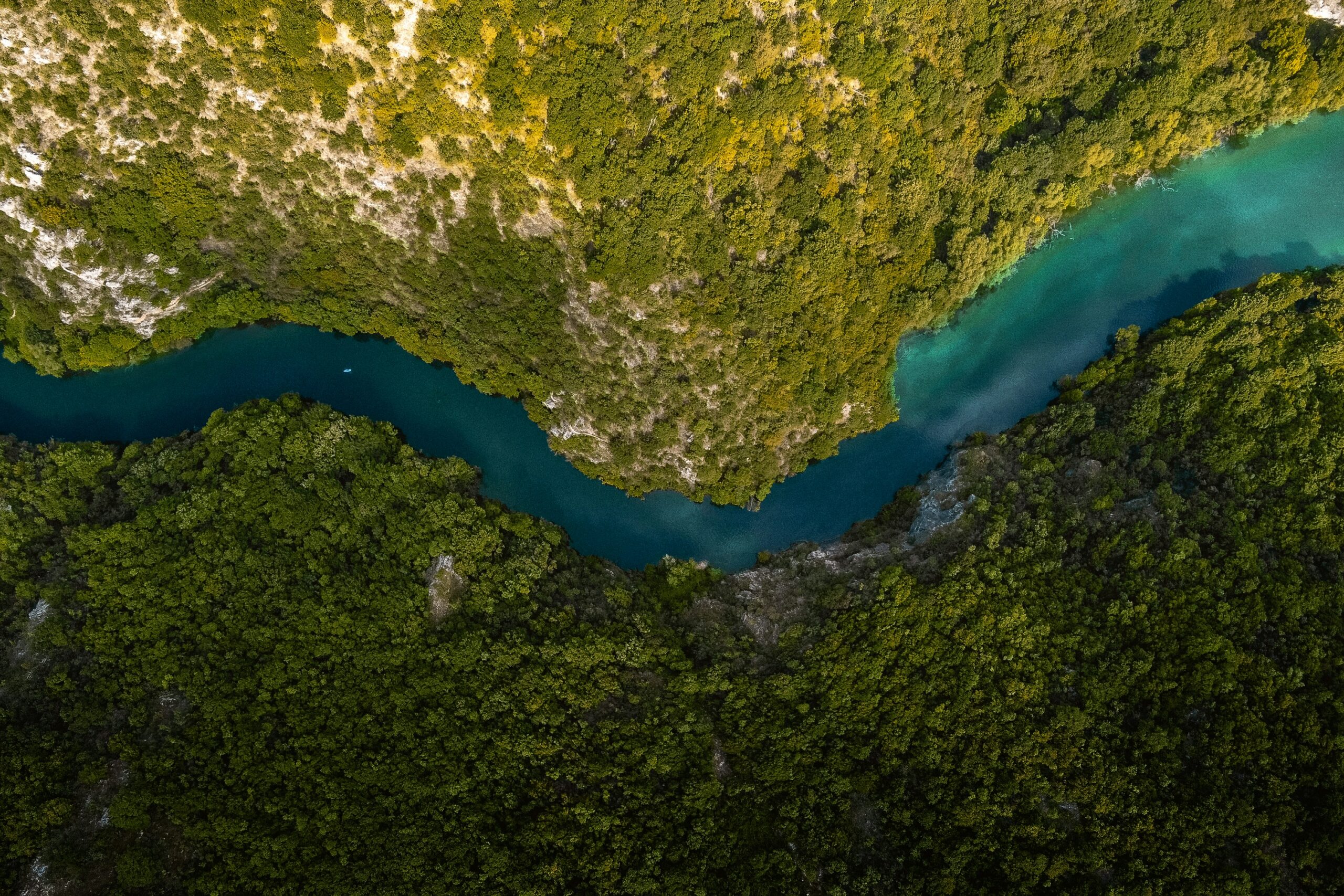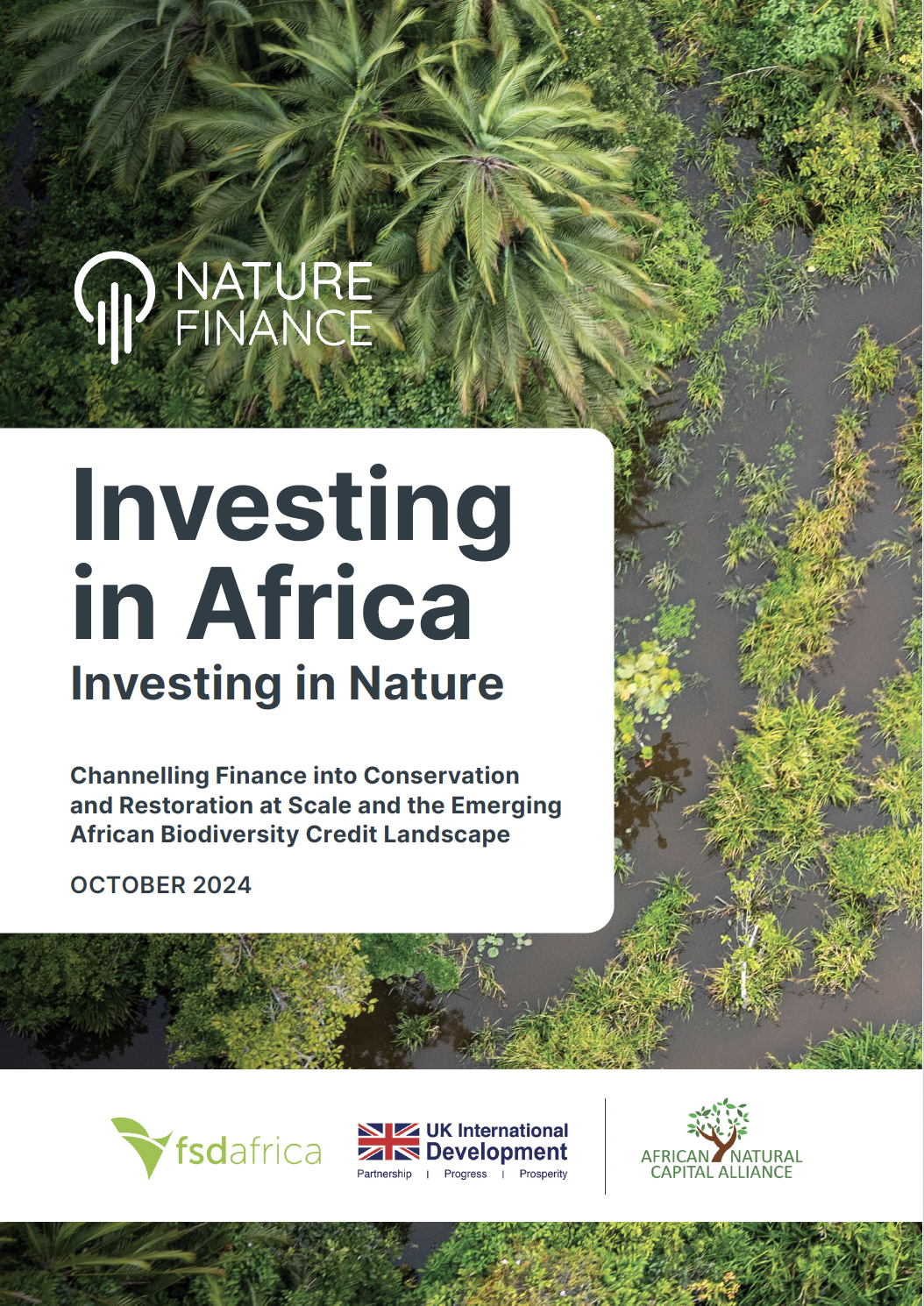This Op-ED was originally published in Portuguese at Valor Econômico on 4th December 2023 — the “Nature Day” at COP 28.
By Lise Tupiassu* and Marcelo Furtado**
In 2006, the politician and environmental activist Al Gore decided to shed light on governments and the private sector’s lack of attention towards global warming through the documentary entitled “An Inconvenient Truth”. His intent was to create a sense of urgency in the world in regards to the risks and consequences of increasing greenhouse gas emissions.
Since then, controversies, doubts, polemics and public policies have added many new layers to the debate. Meanwhile, scientific evidence began increasing, and climate models became more robust and accurate as extreme weather events became more frequent and intense.
Currently, what remains on the minds and negotiating tables of political, private and market actors, activists and society is the 2015 Paris Agreement, which set the goal of limiting global warming to 1.5°C above pre-industrial levels (1800s). This binding Agreement soon became recognised as a milestone in the multilateral negotiation process: it marked the first time that all nations were called to set targets to tackle climate change.
However, the “broken record” report recently released by the United Nations concludes that, in the current situation, even if all the climate actions and commitments made by countries under the Paris Agreement were implemented, the world would still find itself in an unacceptable situation this century: 2.9°C warmer than pre-industrial levels.
This increase in warming would completely change the planet as we know it today. It would cause the displacement of entire populations, leave 40% of the world’s people exposed to severe heatwaves, increase levels of food insecurity and likely bring the Amazon to a tipping point.
The world’s largest rainforest would be transformed into a savannah, which would result in dramatic changes to ecosystem services. This means not only more carbon emissions, but also implies significant changes to the rainfall regime in Brazil and South America, as well as serious damage to biodiversity. Substantial loss of species and changes in the distribution of disease-causing agents would lead to higher risk of outbreaks and pandemics amongst other consequences.
The social and economic repercussions would be massive. In 2022, natural disasters were responsible for an economic loss of US$ 313 billion worldwide (4% more than the average for the 21st century), according to the Weather, Climate and Catastrophe Insight report, produced by Aon. In Brazil, droughts and floods caused losses of more than US$ 5 billion in the same year.
Paradoxically, nature rich countries are those that suffer the most due to their vulnerabilities in terms of infrastructure and low capacity to deal with the impacts, leaving the world far away from climate justice.
Almost 20 years after the Al Gore’s documentary, and with the world’s attention currently focused on COP28 in Dubai, a “new inconvenient truth” is emerging: it is practically impossible to limit global warming to the levels proposed by the Paris Agreement.
It is therefore time to plan for a future beyond 1.5ºC as argued by the insight piece launched on November 20th by NatureFinance, an international non-profit organisation dedicated to aligning global finance with equitable, nature-positive and climate-resilient outcomes.
The document — which argues that we no longer have time for “business as usual” solutions — is rooted in growing concerns — and ongoing debates — of a wide network of partners. The urgency and scale of the climate and nature crises demand innovative actions and approaches which under today’s socio-cultural norms and status quo may even be characterised as “unthinkable”. Examples of this include s citizenship for billions of climate migrants and new regulatory frameworks for central banks.
We therefore have a window of opportunity to value nature and develop tools to allocate resources to its stewards, be they nature-rich countries or Indigenous peoples and local communities. The risk of missing the timing is that we will be left with an extremely hot climate, without nature around us and without economic opportunities to finance our adaptation. We need to look at ecosystem services with the appropriate importance and urgency. Science does it already, and we have achieved political consensus and consolidated processes to support this – whether through the Biodiversity Convention or the Climate Convention.
The global economy is 100% dependent on nature and uses its resources as if they were free and unlimited. We need to redesign global markets to ensure positive impacts for climate, biodiversity and people.
This redesign will elevate the bioeconomy agenda to the center of global debates. Brazil has a unique opportunity ahead of the G20 in 2024 and COP30 in 2025, when we will be celebrating ten years of the Paris Agreement, to value nature-based solutions.
It is essential to work on robust and effective governance that prioritises nature markets. The great opportunity for realignment based on valuing the nature economy will come with the contribution of various players, including those responsible for maintaining ecosystems, i.e. traditional and coastal communities and Indigenous peoples.
It’s time for the global economy to stop financing pollution and instead redirect resources towards sustainable solutions. This includes adequately investing on nature-rich countries to improve critical infrastructure in the face of climate impacts, promoting a fair benefit sharing with sub-national governments and local populations.
Actions focused on nature credits — including carbon and biodiversity credits, if embedded in high-integrity, good governance, transparency and traceability — and the renegotiation of sovereign debts, using socio-environmental indicators to assess performance can contribute to the above scenario.
There is also the demand to tackle illegal activities and crimes against nature. This requires, among other things, the engagement of actors from the finance sector who must stop investing — even if unwittingly — illegal markets, which should be addressed by command-and-control actions.
This critical time in history requires a call for realigning targets and unconventional thinking, to achieve truly ambitious, innovative and fair climate action.
*Lise Tupiassu is a Professor at the Federal University of Pará and a Brazilian Federal Prosecutor.
**Marcelo Furtado is Director of NatureFinance and Head of Sustainability at Itaúsa






